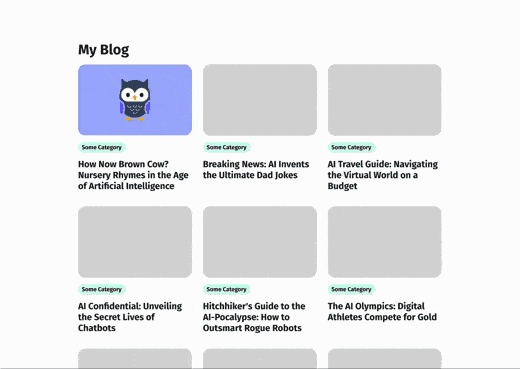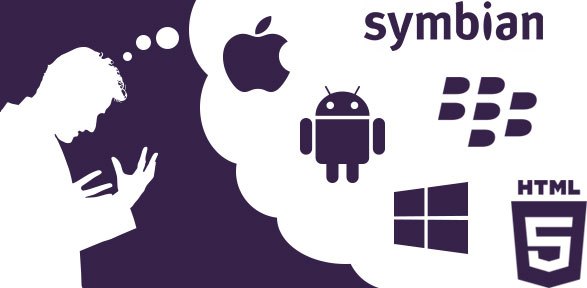
Android Articles
We’re curious people by nature. And we love to teach others what we’ve learned. So explore our blog to gain fresh insights from our expertise in areas ranging from culture to AI.
SEP Wins TechPoint’s 2024 Innovation Service Partner of the Year Mira Award
SEP Recognized as Indiana’s Top Innovation Service Partner, Winning TechPoint’s Prestigious Mira Award Westfield, Indiana - SEP has been named the Innovation Service Partner of the Year by TechPoint at the 25th annual Mira Awards. The Mira Awards, Indiana’s largest…
Read Full Post

What are Shared Element Transitions? Shared Element Transitions are animations that move elements from one screen to another within an app. They help users understand how the interface changes when navigating between screens. They are particularly effective when users are browsing diverse content and frequently switching back and forth between screens. These transitions can be […]
Read Full Post

What I Wish Someone Had Told Me About Integration Testing in Flutter
Integration testing in Flutter is fairly well documented. The official docs have a get-started guide that will get you started, and it’s not hard to find answers to common issues on blogs or Stack Overflow. This isn’t going to be a walkthrough of setting up testing Flutter as the docs do a good job of […]
Read Full Post
3 Xamarin.Forms Tricks to Maximize Shared UI Code in Mobile Development
In 2014 I was tasked with creating a relatively simple iOS/Android app from scratch using this newfangled mobile app development technology called Xamarin.Forms. I was on the project for a total of three days. I had years of C#/WPF experience but none in Xamarin, and this Forms business was the confounding icing on the proverbial […]
Read Full Post
Android, Robotium and Spoon: A Practical Guide for Testing on Android Devices
Developing for Android is a lot of fun. It has actually become a niche for me here at SEP. Android has changed quite a bit over the past 3 years since I first started hacking on it – action bars, more screen sizes, and probably the biggest addition…fragments. But one thing certainly has not changed. […]
Read Full Post
Android Studio – Not Ready for Primetime
Android Studio is a new IDE that Google has released into Early Access Preview. It is based on the popular IntelliJ editor; the existing development environment relied on an Eclipse plugin. This was really exciting news for SEP engineers that have done Android development. In addition to more the powerful refactoring tools that come with […]
Read Full Post
Installing Open Source Android Libraries with Gradle and Android Studio
Android recently started advising developers to use Gradle as their build system for new projects. I don’t really keep up-to-date on the Java ecosystem – and I prefer working in dynamic languages – so I didn’t even really know what a “build system” constituted. All I could think about was nightmares from writing Makefiles in […]
Read Full Post
POP for Prototyping
Do you POP? Maybe you should. It’s a free prototyping app, currently available for iPhone but soon to be released for Android. POP is a super simple way to capture your wonderful pencil scratchings electronically and create a semi-functional wireframe that you can share with others. POP uses the camera on your phone (or existing […]
Read Full Post

What Mobile Platform Should We Target?
We often get clients interested in mobile solutions to their problems. One of the biggest questions they have for us is “what platform should we even target?” iOS? Android? Windows Phone 8? What about BlackBerry? Symbian? Firefox OS? How about Ubuntu Mobile? Do we even want something native, or is a properly tested and designed […]
Read Full Post
Android UI/X – don’t go overboard with your list views
The Android ListView is one of the simplest UI widgets to implement. There are plenty of ListView tutorials and examples, so I’m not going to talk about how to implement a list. Instead, I’m going to focus on the User Experience and ways to improve your lists. To see a really well implemented ListView, take […]
Read Full Post